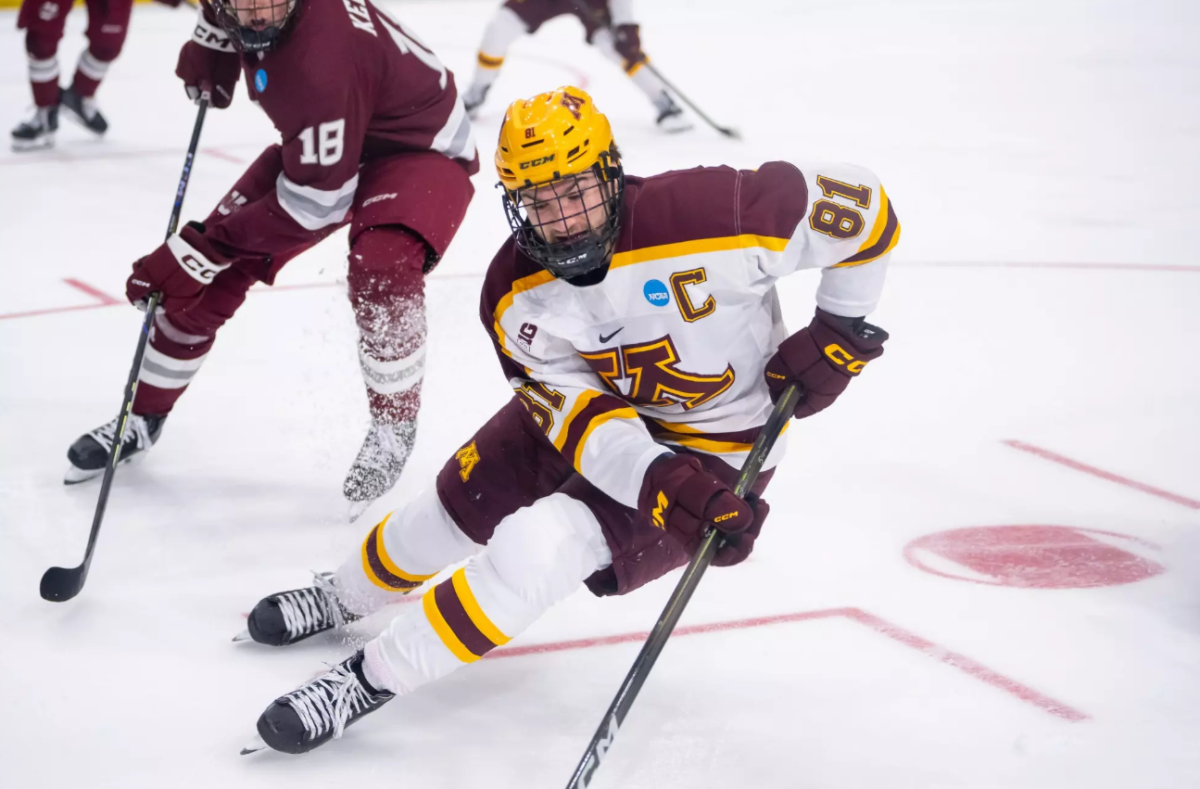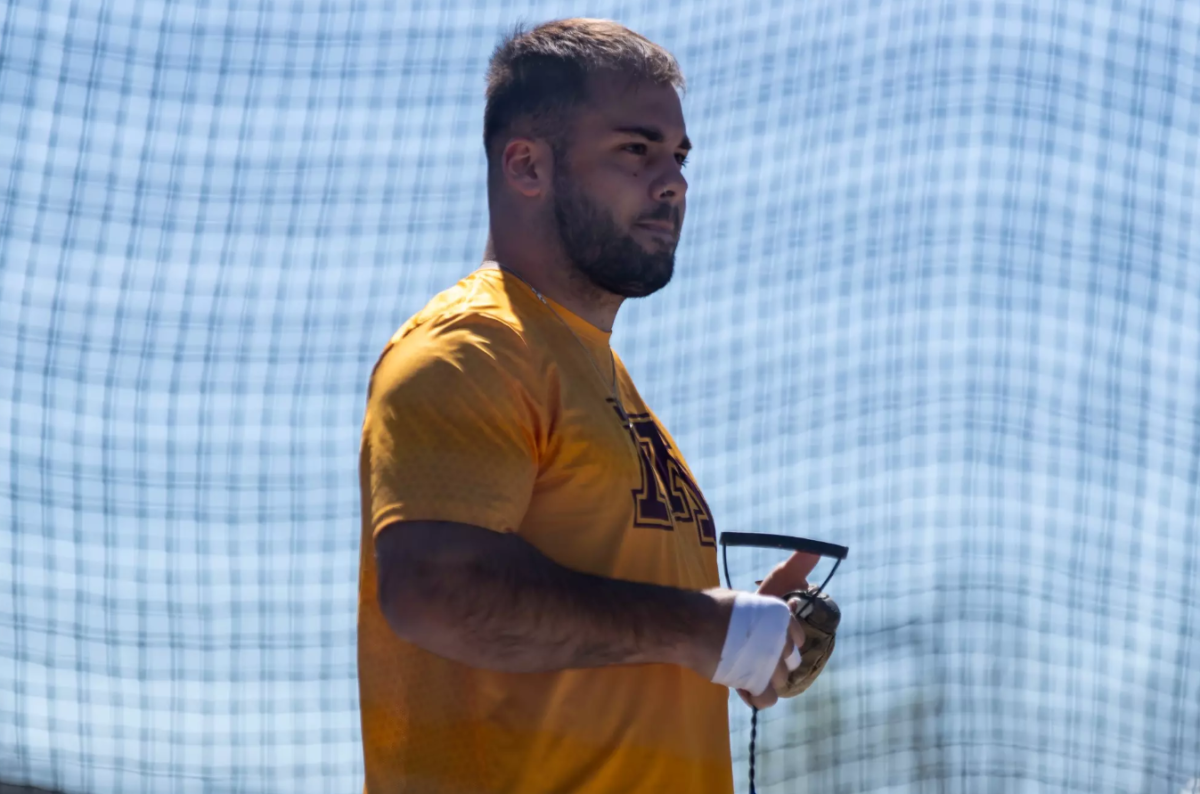Racism, prejudices and hatred have littered the streets of the United States for centuries.
People of this nation have perpetually fought to tear down these discriminations, and it was no different Sunday as thousands of people took to University of Minnesota streets to protest the Washington Redskins’ team name.
Members of the Mille Lacs Band of Ojibwe and the Shakopee Mdewakanton Sioux tribes, as well as people from several other groups, participated in Sunday’s demonstration. The makeup of the protest’s attendees reflects the need for a resolution to the controversial team name debate, but more importantly, that the American Indian community should make the decision.
The 566 federally recognized tribes should decide the future of the Redskins name.
Though reaching a widespread consensus could be challenging, the collective movement is key if those on either side of the issue want to do what’s best for American Indians.
Years ago, Florida State and the University of Utah both received consent to continue using their team names because the Seminole and Ute tribes gave approval, respectively.
So let members of the tribes be the people who decide the Washington Redskins issue, too.
Maybe all of the tribes would decide that the Washington Redskins name isn’t offensive and that the team should keep its logo.
Or, the decision says the opposite, and Washington should find a new team name.
But consider the controversy surrounding the name’s place in the country’s history. One historian from the National Museum of Natural History, Smithsonian Institution, told the Washington Post in 2005 that the origin of the Washington team’s name began rather amicably.
Senior linguist Ives Goddard told the organization that when the name first appeared as an English expression centuries ago, “it came in the most respectful context and at the highest level.”
“These [situations] are white people and Indians talking together, with the white people trying to ingratiate themselves,” he said.
Others, including members of the National Coalition Against Racism in Sports and Media, argue the name is offensive.
“The name is a racial epithet,” Minneapolis Mayor Betsy Hodges said after speaking to protesters from a University-provided stage. “There’s no room for that in the 21st century anywhere, let alone on a public stage and platform like the NFL.”
But the controversy’s resolution shouldn’t be decided by city officials, like Hodges, or even the Washington Redskins’ owner, Daniel Snyder.
Instead, American Indians and those involved in their community should choose the name’s future.







